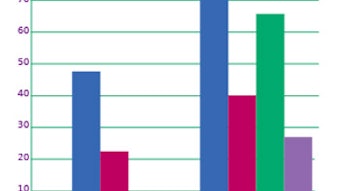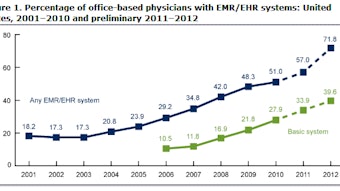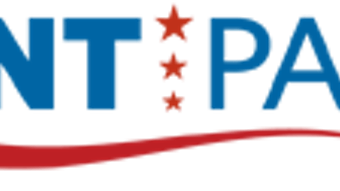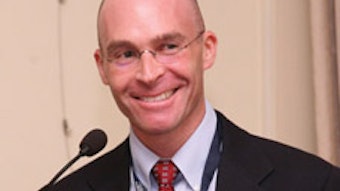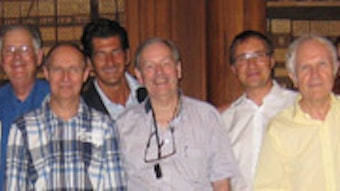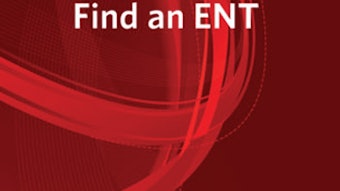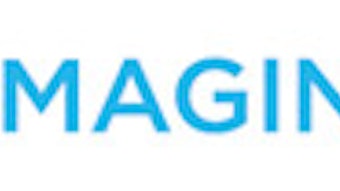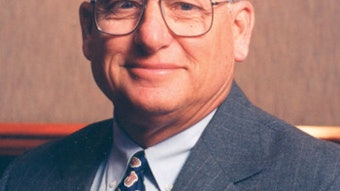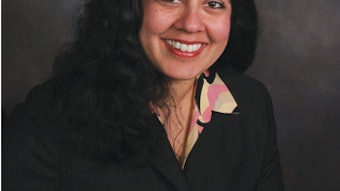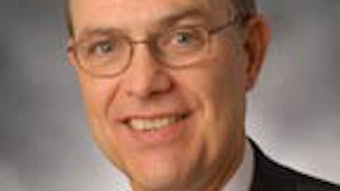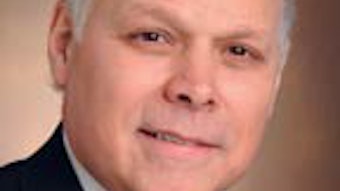Fighting an Antiquated Law: Hearing Aid Dispensing in New York
In New York State, under current law, few physicians offer hearing aid services within their practices, as it is not economically feasible to do so. The result is limited patient choice and reduced access to quality hearing healthcare for patients. The Patient Access to Hearing Aids (PAHA) coalition, comprised of state and national medical and specialty organizations, was formed to educate New York legislators, patients, and otolaryngologists about an archaic law in New York prohibiting physicians from dispensing hearing aids for a profit and to advocate for change. Building on our momentum from previous years, the coalition is at a critical juncture to change this outdated law and make a difference in New York. Earlier this year, Assemblyman Jeffrey Dinowitz and Sen. Betty Little reintroduced A. 655/S. 3055. If adopted, these bills would expand patient access to treatment services by enabling physician offices to dispense hearing aids for a profit. There are several advantages to patients being able to attain hearing aids in a physician’s office, including continuity of medical care and convenience for the consumer. The ability to treat both a patient’s medical and audiological needs at the same office location often results in better patient care. Patients can receive a medical determination on the cause of their hearing loss and have their treatment overseen by a medical doctor. This reduces the need for multiple visits to different providers, which can cost a patient in both time and resources, and would allow patients to receive the full spectrum of treatment in one location. In addition, the passage of A. 655/S. 3055 would allow patients the freedom to choose their provider. Because this prohibition exists in New York, many otolaryngologists and other physicians—despite being fully qualified to dispense hearing aids—have had to tailor their practices to transfer a whole segment of their patients to hearing aid dispensers and independent audiologists, who can (and do) profit from the sale of hearing instruments. Thus, the patient’s freedom to choose the best provider for their needs is eliminated. Many patients prefer to have their hearing aids fitted by their otolaryngologist or an audiologist employed by their physician. This is especially true for patients with complicated or severe otological needs. Also, due to basic market principles of supply and demand, the improved choice for consumers and increased competition among providers would help lower the cost of hearing aids for patients. Unlike some other dispensers, physicians have little profit motive for one method of treatment over the other, and will focus on the right treatment for the problem—whether it be medical, surgical, or through the dispensing of hearing aids. Now is the time to act to repeal this antiquated practice in New York. This month, the New York State Society of Otolaryngology-Head and Neck Surgery (NYSSO), will conduct its annual State Lobby Day in conjunction with the New York Coalition of Specialty Care Physicians on Tuesday, April 23, in Albany. Efforts to advance A. 655/S. 3055 will be a key item on the agenda. A good turnout is critical to effectively advocate for patients and the profession, so all New York otolaryngologists are urged to participate in Albany on April 23. For additional details and a registration form, please contact the NYSSO office at 1-518-439-2020 or nyssohns@aol.com. For more information on the PAHA Coalition and its legislative efforts, visit the PAHA Coalition website at http://www.entnet.org/Practice/members/PAHA.cfm (AAO-HNS member log-in required). With questions, contact the AAO-HNS Government Affairs team at legstate@entnet.org. *The PAHA Coalition includes the AAO-HNS and the New York State Society of Otolaryngology-Head and Neck Surgery (NYSSO), along with the Medical Society of the State of New York (MSSNY), the American Medical Association (AMA), the American Osteopathic Association, the American Osteopathic Colleges of Ophthalmology and Otolaryngology-Head and Neck Surgery, the American Otological Society, American Academy of Pediatrics, District II, Association of Otolaryngology Administrators, Ear Professionals International Corporation, New York Coalition of Specialty Care Physicians, and the New York State Osteopathic Medical Society.
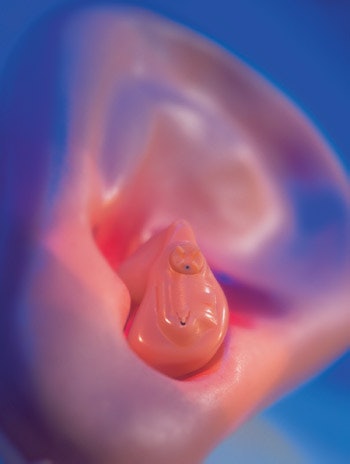
The Patient Access to Hearing Aids (PAHA) coalition, comprised of state and national medical and specialty organizations, was formed to educate New York legislators, patients, and otolaryngologists about an archaic law in New York prohibiting physicians from dispensing hearing aids for a profit and to advocate for change. Building on our momentum from previous years, the coalition is at a critical juncture to change this outdated law and make a difference in New York.
Earlier this year, Assemblyman Jeffrey Dinowitz and Sen. Betty Little reintroduced A. 655/S. 3055. If adopted, these bills would expand patient access to treatment services by enabling physician offices to dispense hearing aids for a profit.
There are several advantages to patients being able to attain hearing aids in a physician’s office, including continuity of medical care and convenience for the consumer. The ability to treat both a patient’s medical and audiological needs at the same office location often results in better patient care. Patients can receive a medical determination on the cause of their hearing loss and have their treatment overseen by a medical doctor. This reduces the need for multiple visits to different providers, which can cost a patient in both time and resources, and would allow patients to receive the full spectrum of treatment in one location.
In addition, the passage of A. 655/S. 3055 would allow patients the freedom to choose their provider. Because this prohibition exists in New York, many otolaryngologists and other physicians—despite being fully qualified to dispense hearing aids—have had to tailor their practices to transfer a whole segment of their patients to hearing aid dispensers and independent audiologists, who can (and do) profit from the sale of hearing instruments. Thus, the patient’s freedom to choose the best provider for their needs is eliminated. Many patients prefer to have their hearing aids fitted by their otolaryngologist or an audiologist employed by their physician. This is especially true for patients with complicated or severe otological needs.
Also, due to basic market principles of supply and demand, the improved choice for consumers and increased competition among providers would help lower the cost of hearing aids for patients. Unlike some other dispensers, physicians have little profit motive for one method of treatment over the other, and will focus on the right treatment for the problem—whether it be medical, surgical, or through the dispensing of hearing aids.
Now is the time to act to repeal this antiquated practice in New York. This month, the New York State Society of Otolaryngology-Head and Neck Surgery (NYSSO), will conduct its annual State Lobby Day in conjunction with the New York Coalition of Specialty Care Physicians on Tuesday, April 23, in Albany. Efforts to advance A. 655/S. 3055 will be a key item on the agenda. A good turnout is critical to effectively advocate for patients and the profession, so all New York otolaryngologists are urged to participate in Albany on April 23. For additional details and a registration form, please contact the NYSSO office at 1-518-439-2020 or nyssohns@aol.com.
For more information on the PAHA Coalition and its legislative efforts, visit the PAHA Coalition website at http://www.entnet.org/Practice/members/PAHA.cfm (AAO-HNS member log-in required). With questions, contact the AAO-HNS Government Affairs team at legstate@entnet.org.
*The PAHA Coalition includes the AAO-HNS and the New York State Society of Otolaryngology-Head and Neck Surgery (NYSSO), along with the Medical Society of the State of New York (MSSNY), the American Medical Association (AMA), the American Osteopathic Association, the American Osteopathic Colleges of Ophthalmology and Otolaryngology-Head and Neck Surgery, the American Otological Society, American Academy of Pediatrics, District II, Association of Otolaryngology Administrators, Ear Professionals International Corporation, New York Coalition of Specialty Care Physicians, and the New York State Osteopathic Medical Society.



